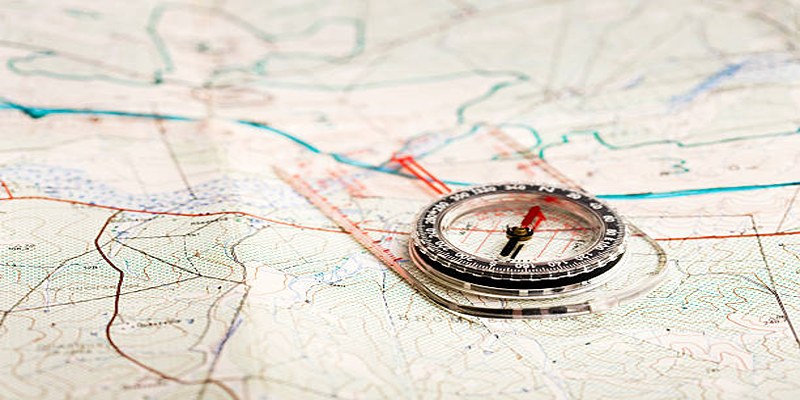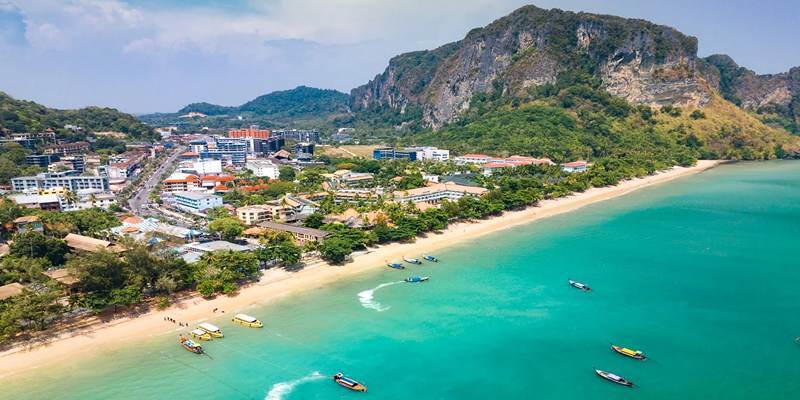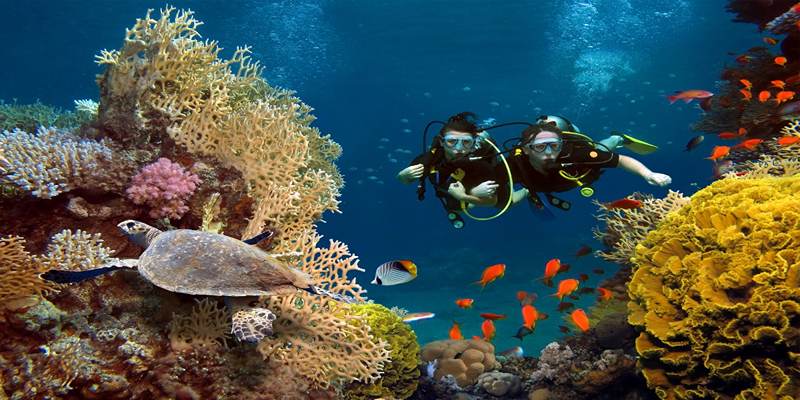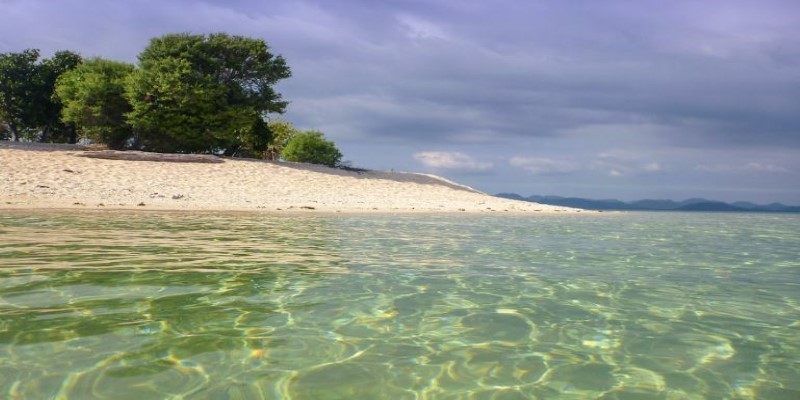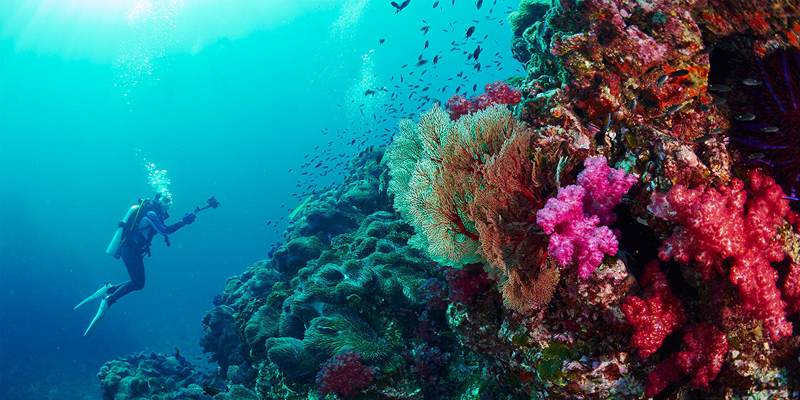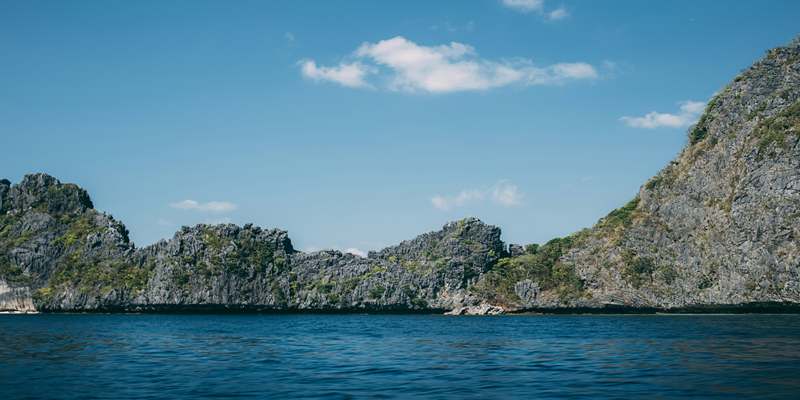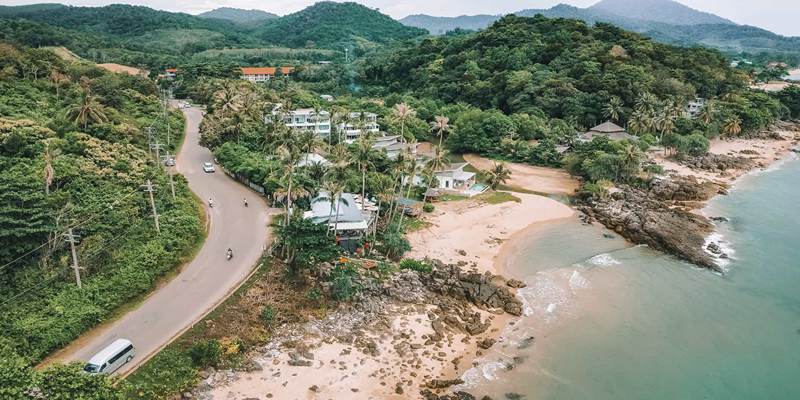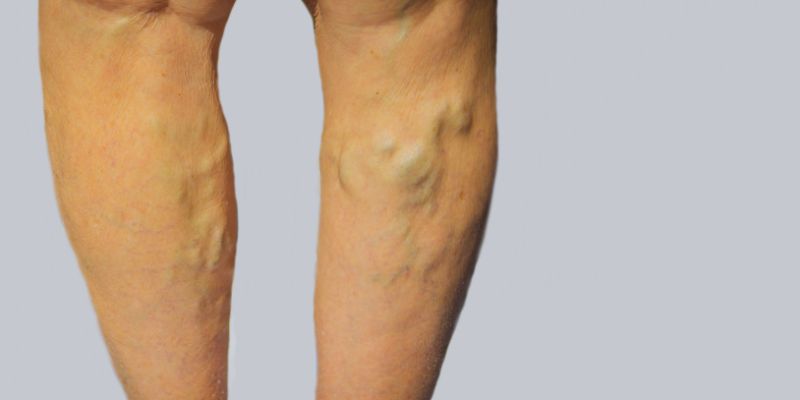Learn Scuba Diving in Thailand: A Complete Beginner’s Guide
Thailand is a great place to go scuba diving because the water is warm and clear, and there is lots of marine life and beautiful coral reefs. It's one of the best places in the world for beginners to start diving because the classes are cheap and the teachers are skilled.
Thailand has everything you need for a great diving experience, whether you've never been diving before or want to get better. This guide will tell you about famous dive spots, important safety rules, marine life, and the best places to go diving. It will make your trip into the underground world a memorable experience.
Popular Diving Destinations in Thailand

Thailand’s waters are dotted with world-class dive sites, each offering unique underwater experiences.
Koh Tao: Known as the “Diving Mecca” of Thailand, Koh Tao attracts thousands of beginner divers every year. Its calm, shallow waters and affordable courses make it a top choice for those starting their scuba journey.
Similan Islands: Located in the Andaman Sea, this group of islands is famed for its dramatic underwater landscapes, including granite boulders, caves, and coral gardens. The Similan Islands are home to an array of marine species, from reef fish to manta rays.
Phuket: As a major tourist hub, Phuket provides easy access to many dive sites, such as the Racha Islands and the King Cruiser Wreck. It’s a versatile destination offering options for both training dives and advanced exploration.
Krabi: Featuring dive sites around the Phi Phi Islands and Ao Nang, Krabi is another great choice. Its vibrant coral reefs and diverse marine life attract divers of all levels.
Khao Lak: A gateway to the Similan and Surin Islands, Khao Lak is ideal for live-aboard diving trips. These multi-day adventures allow divers to explore remote sites at their leisure.
Scuba Diving Courses in Thailand
If you’re new to scuba diving, completing a certification course is a must. Thailand offers a range of courses catering to different skill levels:
Open Water Diver Course: This entry-level course teaches you the basics of diving, including equipment handling, underwater communication, and safety protocols. The course typically lasts 3–4 days and includes theory sessions, confined water practice, and open water dives.
Advanced Open Water Diver Course: For certified divers looking to broaden their skills, this course includes specialty dives such as deep diving, underwater navigation, and night diving. It’s a great way to build confidence and gain more experience.
Rescue Diver Course: This intermediate course focuses on emergency management and rescue techniques. It’s perfect for divers who want to improve their safety knowledge and be prepared for unexpected situations.
Discover Scuba Diving: If you’re not ready to commit to a full course, this one-day experience lets you try scuba diving under the supervision of an instructor.
Certified instructors conduct most courses and include all the necessary equipment, ensuring a safe and enjoyable learning experience.
What to Expect During Your Diving Course
Diving courses in Thailand are structured to make learning both fun and efficient. Here’s what a typical course includes:
- Classroom or Online Learning: Theoretical lessons cover essential topics like diving physics, safety measures, and how to use diving equipment.
- Confined Water Training: In shallow water or a swimming pool, you’ll practice skills like mask clearing, buoyancy control, and regulator recovery.
- Open Water Dives: You’ll put your skills to use during supervised dives in real underwater environments.
By the end of the course, you’ll be equipped with the knowledge and confidence to explore dive sites safely.
Essential Gear for Diving
While dive schools provide most of the equipment, understanding what you’ll use can enhance your confidence:
- Mask and Snorkel: Essential for clear vision and surface breathing.
- Wetsuit: Protects against cold and sunburn. For Thailand’s warm waters, a 3mm wetsuit is ideal.
- Fins: Help you move through the water with minimal effort.
- Buoyancy Control Device (BCD): This keeps you neutrally buoyant and helps carry your tank.
- Regulator and Tank: Allows you to breathe underwater.
If you plan to dive frequently, investing in personal equipment ensures a better fit and long-term comfort.
Tips for First-Time Divers
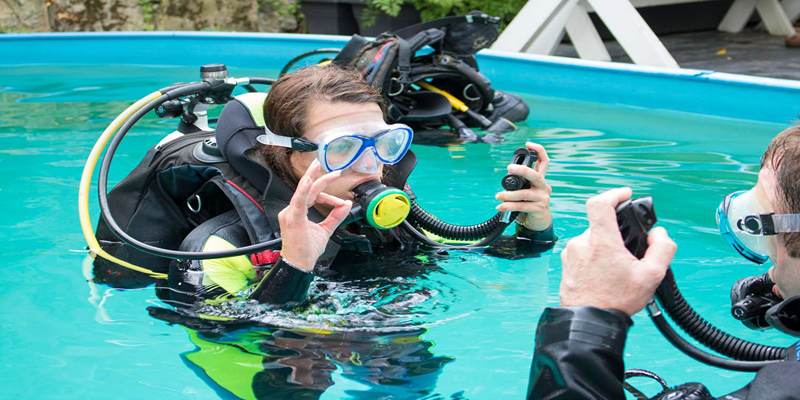
Diving for the first time can be both exciting and nerve-wracking. Here are some tips to help you make the most of your experience:
- Stay Calm: Relax and breathe slowly to conserve air and stay comfortable underwater.
- Follow Instructions: Listen carefully to your instructor and ask questions if you’re unsure.
- Equalize Frequently: Prevent ear discomfort by equalizing pressure during descent.
- Stay Hydrated: Drink plenty of water before and after your dives. Dehydration can increase the risk of decompression sickness.
With the right mindset and preparation, your first dive will be an unforgettable experience.
Dive Safety in Thailand
Safety is a top priority when diving and Thailand’s dive schools adhere to strict standards. Here’s how you can stay safe:
- Choose a Reputable Dive School: Look for schools with certified instructors and good reviews.
- Dive with a Buddy: Never dive alone; always have a partner for added safety.
- Check Your Equipment: Ensure all gear is functioning correctly before each dive.
- Wait Before Flying: Allow 18–24 hours after diving before boarding a flight to avoid decompression sickness.
Conclusion
Diving in Thailand is an incredible experience that takes you into a colourful underwater realm. Thailand is a great place for both novice and expert divers to visit because of its warm seas, varied marine life, and reasonably priced courses. Thailand has plenty to offer everyone, from the tranquil seas of Koh Tao to the breathtaking scenery of the Similan Islands. So get your equipment ready, take a big breath, and get ready for the experience of a lifetime!



